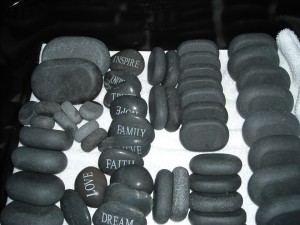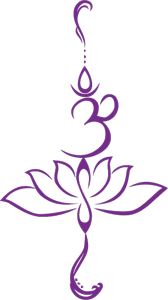The Qualities of a Good Massage Therapist
 Massage therapy is a profession that is not for everyone. When massage therapist only care for the money they can earn doing massage therapy, that becomes readily apparent to their clients in their touch. No amount of smiling can make up for a demeanor that is all business or a touch that lack caring.
Massage therapy is a profession that is not for everyone. When massage therapist only care for the money they can earn doing massage therapy, that becomes readily apparent to their clients in their touch. No amount of smiling can make up for a demeanor that is all business or a touch that lack caring.
This is why the profession of massage therapy most of the time attracts loving, caring individuals who are pleased to be a part of their clients’ holistic healing and health.
The skills most often found in massage therapists
The really good massage therapists are warm, loving people who genuinely care for the health of their clients. They exhibit the following skills:
- Empathy
Empathy is defined as the ability to understand the feelings of another person to the extent that the empathizer can put himself or herself in the other person’s place. This is a rare and valuable skill. Being able to empathize with their clients’ problems allows the massage therapist to be able to create just the right type of nurturing experience during a massage so that healing can take place.
Being able to ‘walk a mile in another person’s shoes’ is a valuable skill in any profession, but in massage therapy, it can be the skill that brings clients back over and over. A lack of caring and understanding exists everywhere in our fast-paced world, and finding someone who takes the time to understand and care is a treasure beyond price.
- The ability to listen
Massage therapists actually listen to a client’s list of massage needs before beginning a massage. They pay attention to the areas described as painful, and work to alleviate the pain. They realize that not all techniques and levels of pressure are good for every client, and they adjust both techniques and pressure to fit the client’s needs.
They pay attention to the client’s emotional needs also, realizing that many clients just need to be heard. They do not try to ‘fix’ their clients’ problems, they simply listen. Occasionally they may ask if the client wants an alternative solution to a problem, but they do not try to force their views on the client.
- The ability to communicate and build trust
Massage therapists are great at building trust with their clients. This is important because the therapist needs to find out certain things from clients in a very professional manner that builds trust:
- What areas of the client’s body need addressing
- What the client’s past medical history is
- What areas of the body the client prefers be avoided
- How much pressure the client can tolerate
The client also needs to know what to expect during a massage such as:
- How the client needs to be clothed (or unclothed)
- Whether the therapist will be working on more private areas such as the glutes in the buttocks
- Whether the pressure needs to be slightly uncomfortable in order for the therapist and client to reach a certain goal in a particular area.
- Commitment
Massage therapists are committed to their profession. They approach each client with professionalism and respect. They take continuing education courses yearly to expand their knowledge of their profession. They work out regularly to improve their stamina, and they work to improve their manual dexterity so that their deliver of massage techniques will be correct, effective, and efficient.


